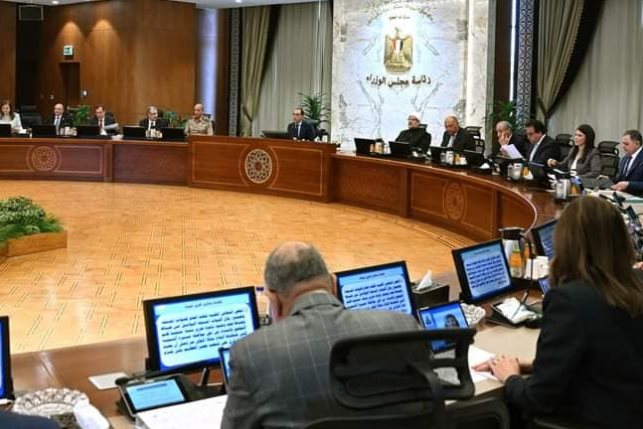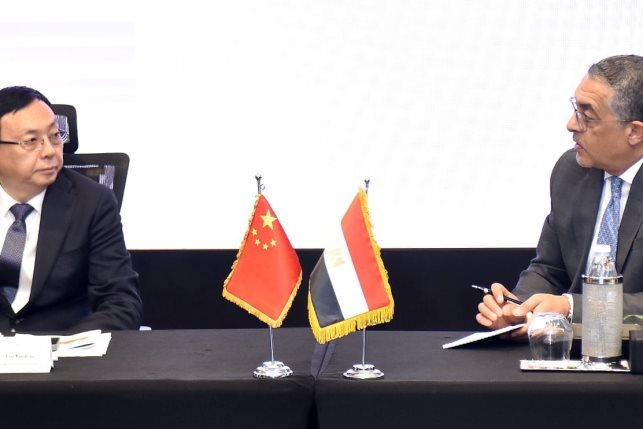IMF releases information on $3B loan requirements
The package included five main pillars; a flexible exchange rate, for the state to scale back its hand in the economy, ending CBE-backed subsided loans, and increase social spending and improve management of national investment projects

The International Monetary Fund (IMF) published a package of documents yesterday describing the conditions of Egypt’s $3 billion loan agreement, shining a light on the policy changes agreed upon by the government.
“Egypt’s IMF-supported program presents a comprehensive policy package to preserve macroeconomic stability, restore buffers, and pave the way for inclusive and private-sector-led growth,” the IMF wrote in its release.
The package included five main pillars; a flexible exchange rate, for the state to scale back its hand in the economy, ending CBE-backed subsided loans, and increase social spending and improve management of national investment projects “in a manner consistent with external sustainability”.
According to the loan, Egypt is receiving $700 million over the year, with two tranches scheduled for March and September worth $347 million each. The remaining $2 billion will be distributed in six $347 million tranches that will run until September 2026.
The Central Bank of Egypt (CBE) will remain committed to a durably flexible exchange rate to soften the impact of external shocks, support competitiveness, and “balance external dynamics”.
“The authorities’ recent commitment to a durable shift to a flexible exchange rate regime and to unwind prior policy distortions, supported by an upfront monetary policy tightening and further enhancements to the social safety net, are welcome steps” Managing Director of the IMF, Kristalina Georgieva, said in the release.
The CBE has already allowed the currency to devalue against the USD four times in the past 12 months – in March, October, December 2022 and the past week, resulting in the largest single-day fall since October.
The IMF document pushes for the state to reduce its footprint in the economy to “level the playing field between public and private institutions”.
Egypt recently finalized its State Ownership Policy, identifying the sectors from which the state plans to withdraw, decrease, or increase its involvement over the next 3-5 years. It also will continue its privatization plan, which will see the state sell off some of its state-owned assets to go towards increasing international reserves and closing the financing gap.
Earlier this week, the state announced that it would pause certain national projects that require foreign currency.
In November, the CBE announced it was working to phase out funding subsidized loans, relinquishing the responsibility to government ministries.
Egypt also agreed to new fiscal targets – aiming for a higher surplus of 1.7% for FY12022/2023 and 2% for the current account deficit over the medium term – and more tax reforms, including simplifying value-added tax.
Fuel prices will be subject to change in line with global market movements, with the report writing “this will help solidify the progress that has been made on fuel subsidy reform in recent years, protect valuable budgetary resources, and help our decarbonization efforts”.





